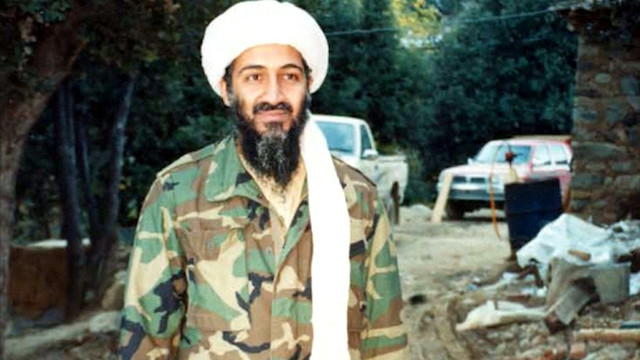Pakistan will not release doctor who helped CIA find Osama bin Laden
Dr Shakil Afridi was accused of running a fake vaccination campaign in which he collected DNA samples to help the US.
A jailed Pakistani doctor, who is believed to have helped the US in its secret raid to hunt al-Qaeda leader Osama bin Laden, will not be freed, Pakistani law minister on Tuesday (17 January). While the US hails Dr Shakil Afridi as a hero, Islamabad sees him as a culprit.
Afridi was arrested soon after the CIA killed Bin Laden in May 2011 in the military garrison town of Abbottabad, a two-hour drive from Pakistan capital Islamabad. The raid left many in the South Asian country infuriated.
The doctor was accused of conducting a fake vaccination campaign in the region, through which he reportedly collected the DNA samples of Bin Laden to provide it to the CIA to help confirm the identity of the jihadist.
Pakistani forces arrested Afridi for having maintained contacts with Islamic militants, which the doctor denies. People in Pakistan reportedly consider him as a traitor who worked against the national interest of the country to help Washington.
He was sentenced to 33 years in jail in 2012, for being a part of militant group called Lashkar-e-Islam. However, that conviction was reversed a year later but he continued to remain in jail. Afridi was later charged with murder, reportedly for causing the death of one his patients in 2005. He remains in jail waiting for trial.
"The law is taking its course and Afridi is having full opportunity of a fair trial," the Daily Times newspaper quoted Law Minister Zahid Hamid as telling the upper house. He responded to a lawmaker's query regarding the doctor's possible release.
"Afridi worked against the law and our national interest, and the Pakistan government has repeatedly been telling the United States that under our law he committed a crime and was facing the law."
Bin Laden's long presence in Abbottabad has been described by Pakistani officials as a security lapse. However, they have rejected suggestions that the country's military or intelligence services had a hand in hiding the militant.
President-elect Donald Trump suggested during his campaign in May 2016 that he could get Islamabad to free Afridi "within two minutes", triggering an angry criticism from Pakistan's foreign ministry.

© Copyright IBTimes 2025. All rights reserved.



















